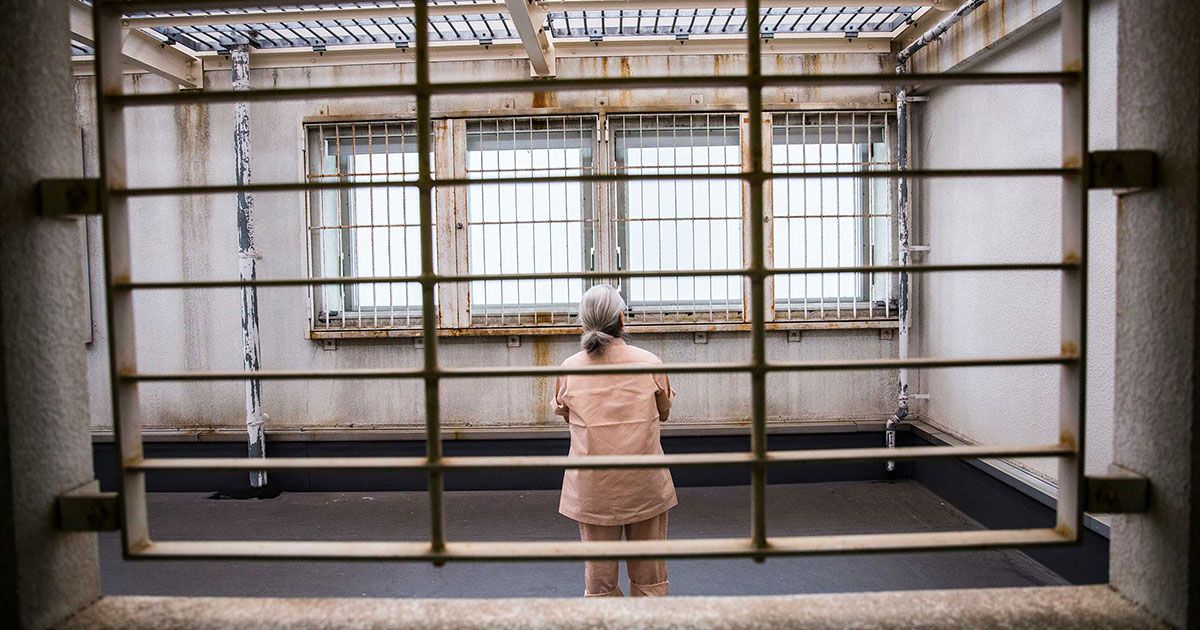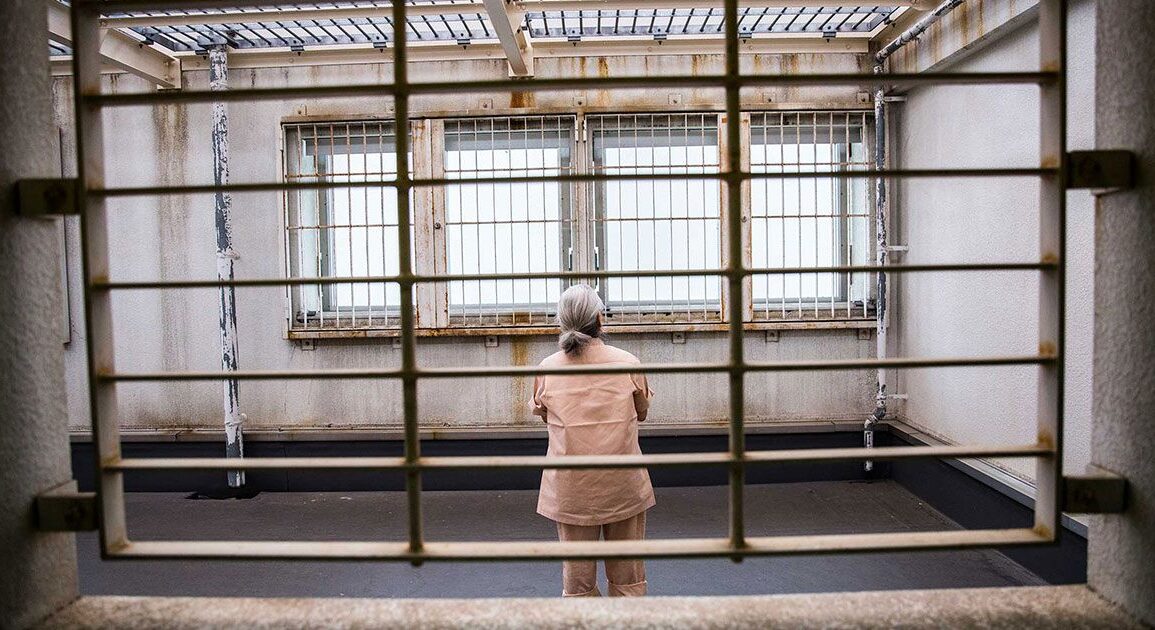
Upon being imprisoned, numerous women encounter severe mistreatment within prison confines. This encompasses the abuse of incarcerated transgender individuals, insufficient access to fundamental services like medical care, the separation of women from their infants, and the imposition of excessively restrictive communication regulations within the prison and with the external environment.
The Rules According To Japan
Japan sends numerous women to prison for the mere possession and use of drugs, failing to ensure sufficient access to effective and evidence-based treatment for substance use disorders. Judges face limitations in opting for noncustodial measures, such as community service, for offences like petty theft, as these alternatives are not incorporated into Japan’s penal code.
While Article 482 of Japan’s Criminal Procedure Code permits prosecutors to suspend prison sentences based on factors like age, health, and family situation, Human Rights Watch found that this provision is seldom invoked. Over the past five years, only 11 incarcerated women had their sentences suspended.
Although Japan is a signatory to key international human rights conventions, including the International Covenant on Civil and Political Rights and the Convention against Torture and Other Cruel, Inhuman or Degrading Treatment or Punishment, which both address criminal justice and the treatment of those imprisoned, the country’s current justice system and prison practices violate or deviate from these international rules and standards. This includes provisions in the Mandela Rules, the UN Standard Minimum Rules for Non-Custodial Measures (the Tokyo Rules), and the UN Rules for the Treatment of Women Prisoners and Non-Custodial Measures for Women Offenders (the Bangkok Rules). Human Rights Watch underscores these violations and contraventions.
The Data
As of 2021, close to 4,000 women were incarcerated in Japan, predominantly for offences related to theft and drugs.
Justice ministry statistics reveal that, between 2011 and 2017, only three out of 184 women who delivered babies while in prison were permitted to have access to their infants.
Government data indicates that in 2021, 20 percent of women admitted to prison were 65 or older, whereas the corresponding figure for men was 13 percent.
Suggested Reading: Gaza’s Women, Children Suffer Major Blow In Israel-Hamas War
This post was originally published on this site be sure to check out more of their content.







